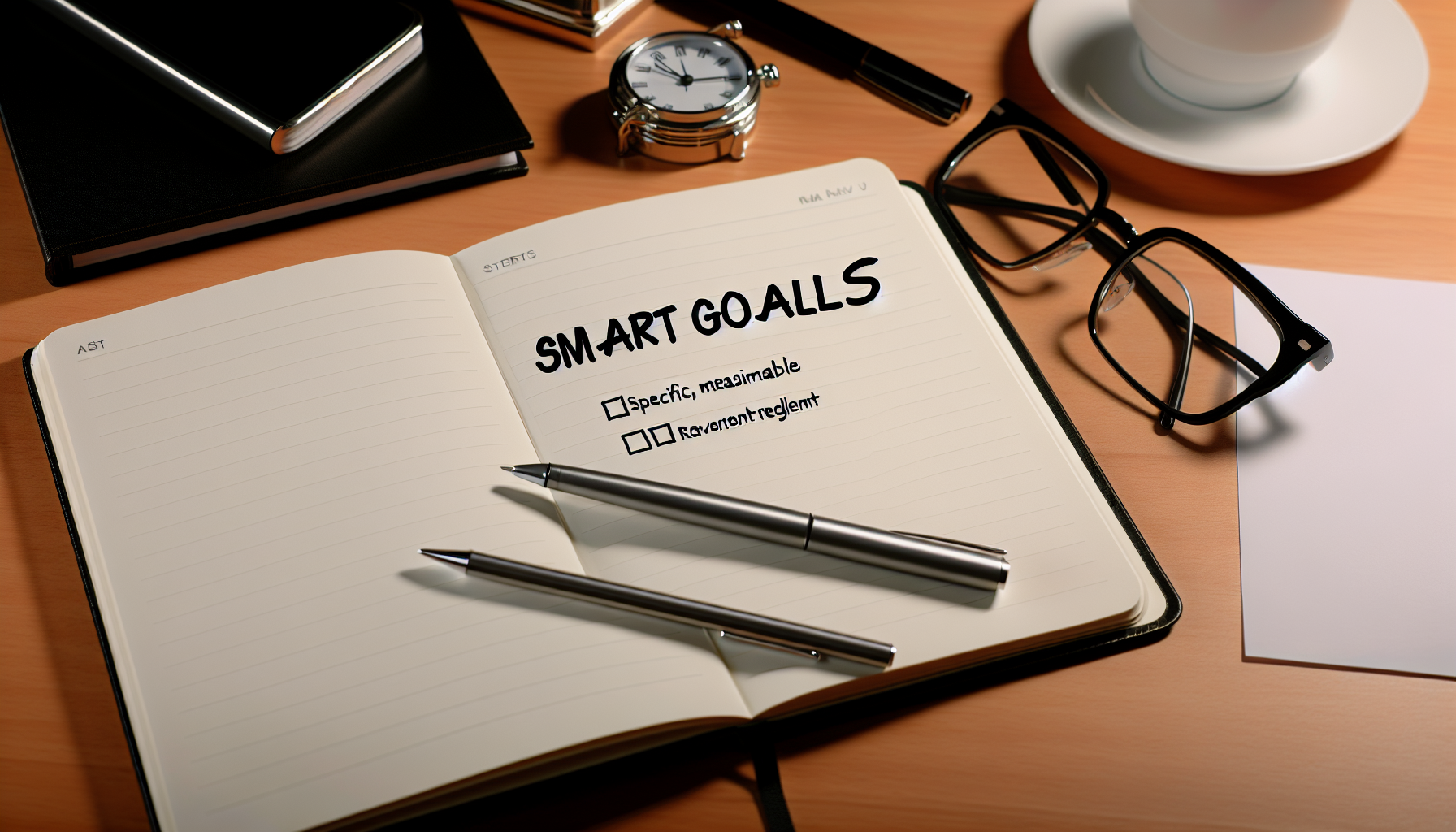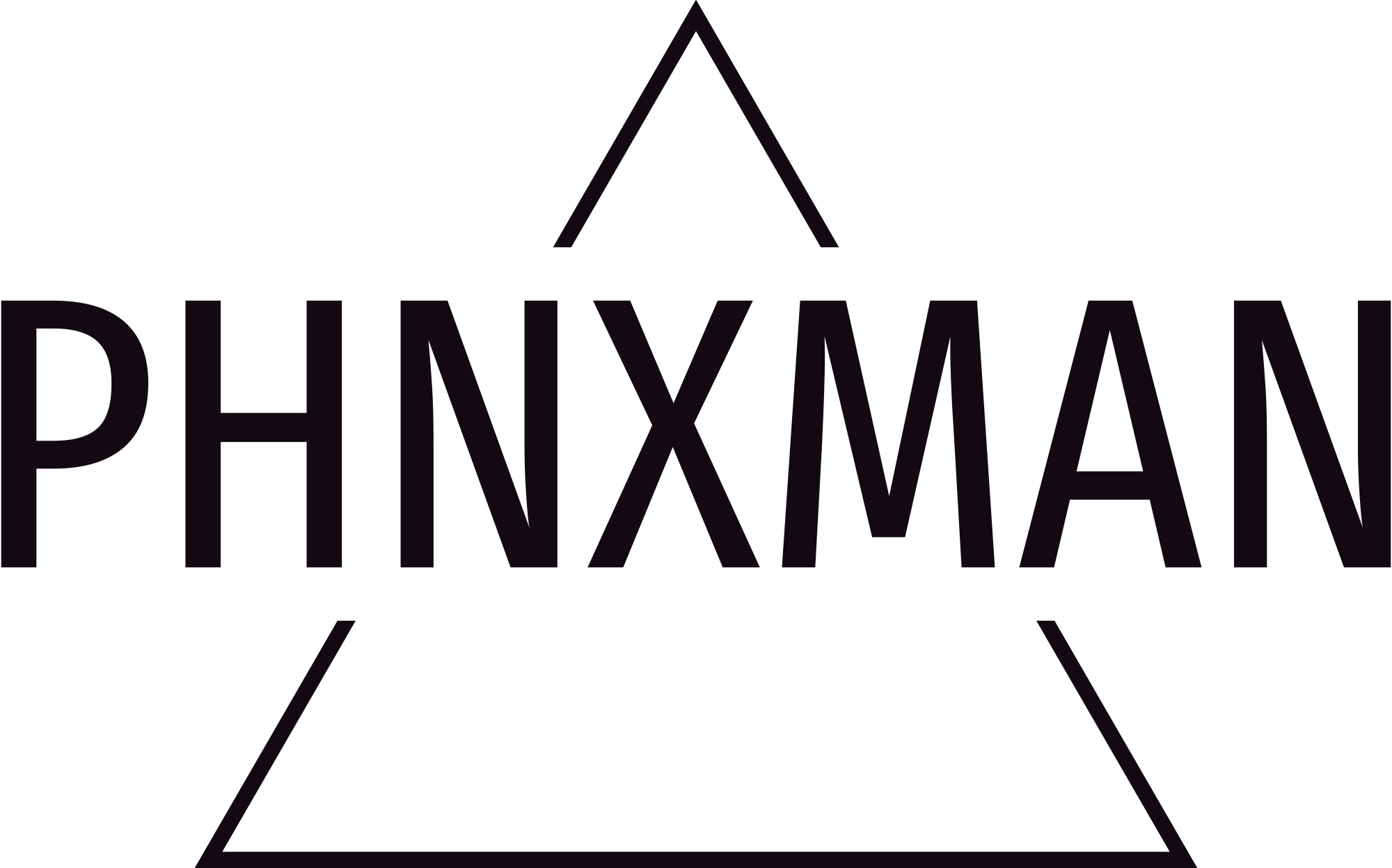Looking for effective ways to grow personally and professionally? Personal development is all about taking active steps to improve yourself. This article cuts through the noise to offer straightforward strategies that will help you set realistic goals, nurture self-discipline, and enhance relationships. Every suggestion is designed to be actionable, giving you the tools to move confidently in the direction of your aspirations.
Key Takeaways
- Personal development is a continuous process that aims to enhance skills and capabilities, often leading towards self-actualization and can contribute to both personal growth and career advancement.
- Creating a detailed personal development plan with SMART goals and frequent self-assessment ensures progression toward achieving personal objectives while adapting to feedback and celebrating milestones.
- Interpersonal skills, such as active listening and emotional intelligence, are key for successful personal and professional relationships, and their development contributes significantly to an individual’s growth.
Understanding Personal Development

Personal development, also known as self development, is the process of enhancing one’s capabilities and potential to facilitate employability, enhance quality of life, and help achieve dreams and aspirations. It’s not a one-time achievement but a lifelong commitment. Recognizing personal strengths and weaknesses is the first stage in the personal development process, which promotes integrity and self-awareness.
To ensure progress in personal development, it is important to:
- Set key points of focus for life goals
- Regularly self-assess for honest evaluation relative to these goals
- Engage in continuous learning to encourage critical thinking and innovation through the exploration of new ideas.
The Role of Self-Actualization
Self-actualization, as defined by Abraham Maslow, is the desire to become more of what one is, realizing one’s capacities and potential to the fullest. It’s the highest level of Maslow’s hierarchy of needs, which can only be achieved once basic, psychological, and self-fulfillment needs have been met.
The process of self-actualization encompasses deep self-reflection, alignment of actions with personal values, and the continuous pursuit of personal growth, all of which contribute to psychological well-being. In essence, personal development is seen as a journey towards self-actualization.
Personal Growth vs. Career Growth
Personal growth and career growth, though different, are interconnected aspects of career development as personal development increases.
Personal growth focuses on:
- improving self-awareness
- developing talents
- enhancing quality of life
- realizing personal dreams and aspirations.
On the other hand, career growth is specifically about developing professional skills and advancing one’s career. Skills such as management, communication, and leadership are highly desired by companies and form a common ground where personal and professional development intersect, demonstrating their interrelated nature. Personal growth often leads to career growth as skills that enhance personal life, like effective communication and conflict management, are also applicable in professional spheres.
Creating Your Own Personal Development Plan

Creating a personal development plan is a vital step in the journey towards self-improvement. This plan will serve as your roadmap, guiding you towards your personal and professional goals.
Here are some steps to help you create your personal development plan:
- Identify areas for improvement
- Reflect on personal goals
- Set specific and measurable objectives
- Create an action plan
- Track your progress
- Seek feedback and make adjustments as needed
By following these steps, you can create a plan that will keep you motivated and focused on your personal growth journey.
Conducting a self-assessment of your skills allows you to pinpoint your strengths and areas in need of improvement, enabling a tailored development approach. Focusing on a single skill simplifies the development process and ensures that the skill chosen significantly contributes to achieving your goals. It’s also crucial to develop an action plan using SMART goals to define clear and attainable objectives within realistic deadlines, and establish milestones to celebrate progress, which aids in maintaining motivation.
Defining Your Goals and Objectives
Setting effective personal and professional goals is essential in personal development. Utilizing the SMART criteria ensures that your objectives are Specific, Measurable, Achievable, Relevant, and Time-Bound. A specific goal clearly defines what is to be accomplished, identifies responsibilities, and outlines necessary steps.
Measurable goals must include:
- Tangible benchmarks that allow for tracking of progress
- Defined criteria for success
- Realistic and attainable targets
- Alignment with broader objectives
- Specified deadlines
By incorporating these elements, you can effectively measure your progress towards achieving your goals.
Developing a Roadmap
Developing a roadmap for personal development involves:
- Defining the person you want to be
- Identifying the skills you wish to possess
- Setting long-term and short-term goals with specific timelines
- Being mindful of the obstacles you may encounter
- Understanding the motivations driving your actions
By plotting this path towards your ultimate goal, you can create a roadmap that will guide you on your personal development journey.
A personal development roadmap should also encompass:
- Regular analysis of personal strengths and weaknesses
- Consideration of opportunities and potential threats to achieving your goals
- Building a routine and maintaining consistency to structure your personal development goals, as this helps maintain momentum towards achieving your milestones.
Monitoring Progress and Adjusting the Plan
Constant monitoring of progress in personal development is crucial for staying motivated and understanding where to focus your efforts. Measuring progress using quantifiable metrics, such as skill proficiency or habit tracking, ensures objectivity in evaluating growth. Regular journaling helps reflect on experiences, fine-tune goals, and monitor personal development.
Regularly reviewing your personal development progress is essential to determine if adjustments to your plan are needed. Seeking feedback from others provides constructive ideas for further learning and highlights areas in need of improvement. Revising personal development plans in response to feedback ensures continued progress and alignment with evolving goals. Therefore, adjusting your personal development goals and methods is vital as it reflects the non-linear nature of growth, necessitating adaptability and openness to change.
Lastly, celebrating your achievements helps reinforce motivation and recognition of the hard work you’ve put into your personal development endeavors.
Enhancing Self-Esteem and Self-Discipline

Enhancing self-esteem and self-discipline plays a crucial role in personal development. Building self-esteem involves:
- Being kind to oneself, like avoiding self-deprecating thoughts and saying positive things to oneself
- Recognizing personal successes
- Accepting compliments
- Identifying personal strengths
These actions can contribute to improved self-esteem. Talking therapies may also help individuals build self-esteem by finding ways to cope with experiences that affect how they feel about themselves.
Self-discipline, on the other hand, is developed through deliberate practice and is influenced by mental well-being, personal habits, and present circumstances. Establishing small, manageable goals and keeping visual reminders can aid in breaking tasks into achievable steps, creating a sense of progress and maintaining motivation for self-discipline. Forming habits and routines is beneficial for making disciplined actions more automatic and the default choice. Thus, prioritizing tasks and confronting the most challenging responsibilities when energy levels are highest helps ensure that self-discipline is applied effectively.
Acknowledging distractions and proactively changing habits, such as turning off distractions or timing work sessions, enhances self-discipline. Increasing awareness of procrastination tendencies by recognizing urges to avoid difficult tasks and using timed work sessions can improve self-discipline. Efficient time management by setting clear priorities reduces stress and fosters a sense of control, which is integral to self-discipline. Lastly, having a contingency plan is crucial, as it helps maintain focus on goals and contribute to the development of self-discipline when faced with unexpected challenges.
Some strategies to enhance self-discipline include:
- Acknowledging distractions and proactively changing habits
- Increasing awareness of procrastination tendencies
- Using timed work sessions
- Efficient time management by setting clear priorities
- Having a contingency plan
By implementing these strategies, you can improve your self-discipline and achieve your goals.
Building Confidence
Building confidence is an essential aspect of enhancing self-esteem. Shaping a positive self-image by concentrating on strengths and achievements rather than failures can enhance self-confidence. Engaging in acts of kindness and generosity can improve self-confidence by promoting a positive self-image and feelings of self-worth.
Writing a list of things you like about yourself can be a powerful exercise in building confidence. Here are some ideas to get you started:
- Your skills and talents
- Altruistic actions you have taken
- Positive qualities you possess
- Achievements you are proud of
- Challenges you have overcome
- Unique characteristics that make you special
Practicing gratitude for your unique characteristics and circumstances can lead to greater self-acceptance and confidence. Working towards positive thinking and replacing negative thoughts with positive self-talk can significantly boost self-confidence.
Setting small, achievable goals and celebrating the successes can provide a sense of accomplishment and fuel further confidence. Engaging in activities that challenge oneself, like martial arts or a new hobby, can lead to a boost in self-confidence through personal accomplishment. Preparing thoroughly for upcoming events and trusting in your preparations can eliminate doubt and build self-confidence.
Finally, taking care of your appearance, such as regular grooming and dressing well, can have a positive impact on self-confidence.
Cultivating Self-Discipline
Cultivating self-discipline is vital for achieving personal development. Here are some strategies to help you develop self-discipline:
- Establish small, manageable goals.
- Keep visual reminders to stay focused.
- Break tasks into achievable steps to create a sense of progress.
- Maintain motivation for self-discipline.
- Form habits and routines to make disciplined actions more automatic and the default choice.
By implementing these strategies, you can develop self-discipline and achieve your personal development goals.
Prioritizing tasks and confronting the most challenging responsibilities when energy levels are highest help ensure that self-discipline is applied effectively. Some strategies to enhance self-discipline include:
- Acknowledging distractions and proactively changing habits, such as turning off distractions or timing work sessions
- Increasing awareness of procrastination tendencies by recognizing urges to avoid difficult tasks
- Using timed work sessions to stay focused and productive
By implementing these strategies, you can improve your self-discipline and accomplish your goals more effectively.
Efficient time management by setting clear priorities reduces stress and fosters a sense of control, which is integral to self-discipline. Lastly, having a contingency plan is crucial, as it helps maintain focus on goals and contribute to the development of self-discipline when faced with unexpected challenges.
Developing Interpersonal Skills

Interpersonal skills are essential for success, forming the cornerstone of effective collaboration and positive relationships both personally and professionally. Developing interpersonal skills involves self-awareness and regular practice in how one interacts with others. These skills are crucial across a variety of job roles, including:
- customer service
- healthcare
- financial consulting
- technical professions like programming
Active listening and emotional intelligence are key components of interpersonal skills. Active listening involves focused effort to understand and interpret the verbal and non-verbal messages in a conversation, moving beyond just hearing the words spoken. To listen actively, one must stay fully focused on the speaker, maintain appropriate eye contact without being intimidating, avoid distractions such as checking phones, and not interrupt while the other is speaking. Active listeners engage with the speaker by asking clarifying questions, effectively using techniques such as questioning and reflection, and paraphrasing or summarizing the speaker’s points to ensure a mutual understanding is reached. Through these active listening practices, better relationships can be cultivated as they allow for clearer communication and demonstrate empathy and respect towards the speaker.
Active Listening
Active listening is an essential interpersonal skill. It involves focused effort to understand and interpret the verbal and non-verbal messages in a conversation, moving beyond just hearing the words spoken. To listen actively, one must stay fully focused on the speaker, maintain appropriate eye contact without being intimidating, avoid distractions such as checking phones, and not interrupt while the other is speaking. Active listeners engage with the speaker by asking clarifying questions, effectively using techniques such as questioning and reflection, and paraphrasing or summarizing the speaker’s points to ensure a mutual understanding is reached.
Through these active listening practices, a deeper understanding can be achieved, leading to better relationships cultivated as they allow for clearer communication and demonstrate empathy and respect towards the speaker.
Emotional Intelligence
Emotional intelligence is a key facet of interpersonal development. It involves:
- Understanding and managing one’s own emotions
- Recognizing and influencing the emotions of others
- Acknowledging all emotions, even difficult ones
- Conducting regular emotional self-check-ups to recognize and understand emotional states
Improving emotional intelligence is an important skill to develop in order to navigate relationships and interactions effectively.
Part of managing emotions effectively involves:
- Being aware of social cues, like facial expressions and tone
- Responding appropriately to maintain a positive attitude and manage stress
- Connecting genuinely with others to improve empathy, understanding, and overall emotional intelligence
- Leading to better interpersonal interactions and stronger relationships.
Integrating emotional intelligence into personal development can be achieved through reflective practices such as journaling and by aligning actions with personal values and goals.
Embracing Lifelong Learning

Lifelong learning, a lifelong process, enriches personal experiences, connects individuals to a global community, and ensures relevance in an ever-changing world. Personal development leads to empowerment and helps individuals make relevant life choices, which is why it must be pursued throughout life. To remain relevant and up-to-date in skills, individuals must engage in lifelong learning, adapting to the significant changes seen in job skill sets since 2015. Lifelong learning not only enriches personal experiences by allowing individuals to discover new interests but also connects them to a global community for a cultural exchange of ideas.
Understanding different learning styles, including formal, social, and experiential learning, can guide the selection of personal development activities. Setting challenges such as volunteering or learning new skills or interests can improve self-esteem through a sense of achievement.
Lifelong learning can be pursued through formal education and training as well as informal learning opportunities. Formal education and training can lead to better job opportunities, enhanced earning potential, and pathways to middle-wage and high-wage careers, significantly impacting career advancement. Engagement in formal education and training assists individuals in becoming experts in their fields, maintaining industry relevance by staying up-to-date with trends, and honing their competencies. Leadership skills, which are essential for professional growth, can be developed and polished through targeted formal education programs.
Pursuing formal education bolsters an individual’s confidence in their occupational competence, contributing to heightened job satisfaction and performance.
Formal Education and Training
Formal education and training play a significant role in lifelong learning. They can lead to better job opportunities, enhanced earning potential, and pathways to middle-wage and high-wage careers, significantly impacting career advancement. Engagement in formal education and training assists individuals in becoming experts in their fields, maintaining industry relevance by staying up-to-date with trends, and honing their competencies.
Leadership skills, which are essential for professional growth, can be developed and polished through targeted formal education programs. Pursuing formal education bolsters an individual’s confidence in their occupational competence, contributing to heightened job satisfaction and performance.
Informal Learning Opportunities
Informal learning opportunities offer a range of methods to engage in lifelong learning. They include:
- Attending conferences and seminars
- Participating in online community discussions on social media
- Engaging with weekly trivia quizzes
- Experiencing team-building activities which foster collaboration
Self-study allows individuals to engage in the material independently, focusing on topics at their desired pace, leading to a customized learning experience.
Educational games and simulations, as well as watching educational videos on platforms like YouTube and listening to educational podcasts, provide immersive technological methods for absorbing complex information in an accessible manner. Informal learning fosters a deeper self-understanding and can be transformative, particularly during challenging times, by promoting a positive perspective on overcoming adversities.
Maintaining Physical and Mental Health
Maintaining physical and mental health is crucial for effective personal development, enabling individuals to pursue self-improvement without the distraction of health-related issues. Key strategies for upholding physical and mental health include:
- Living a healthy lifestyle
- Engaging in regular exercise
- Getting sufficient rest
- Partaking in positive activities
- Maintaining social connections with loved ones
Regular physical activity not only improves overall physical health but also boosts energy levels, contributing to better personal development outcomes. Exercise and nutrition are essential for maintaining physical health. Regular physical activities, including muscle-strengthening exercises, not only enhance daily function and prevent falls but also ensure that older adults can maintain their autonomy and continue their personal development journey.
Regular physical activity is key to reducing the risk of chronic conditions such as type 2 diabetes and metabolic syndrome, which can obstruct individual efforts towards personal growth. Maintaining a healthy lifestyle through sufficient sleep, a balanced diet, and regular exercise fosters self-discipline, an essential skill for achieving personal development.
Exercise and Nutrition
Exercise and nutrition are essential for maintaining physical health. Regular physical activities, including muscle-strengthening exercises, not only enhance daily function and prevent falls but also ensure that older adults can maintain their autonomy and continue their personal development journey.
Regular physical activity is key to reducing the risk of chronic conditions such as type 2 diabetes and metabolic syndrome, which can obstruct individual efforts towards personal growth. Maintaining a healthy lifestyle through sufficient sleep, a balanced diet, and regular exercise fosters self-discipline, an essential skill for achieving personal development.
Stress Management and Self-Care
Stress management and self-care are crucial practices for maintaining mental health. Self-care practices build the capacity to manage emotions effectively, contributing to emotional intelligence. Eating healthily, exercising, and engaging in mental health-promoting activities are vital self-care practices for stress management. Techniques such as deep breathing can relax the body, lower blood pressure, and reduce muscle tension, serving as an important stress management tool. Meditation, yoga, and tai chi are relaxation exercises that contribute to stress reduction through mindfulness and calming physical movements.
Replacing negative thoughts with positive ones fosters a sense of calm and control, aiding stress relief. Allocating time for enjoyment and relaxation plays a crucial role in stress reduction and achieving work-life balance. Efficient time management and clear priority setting can make individuals feel more in control of daily tasks and reduce stress. Adequate sleep is crucial for maintaining energy levels and focus, which are akin to productivity and personal development, making it essential in stress management.
Discussing problems with friends or family offers emotional support and clarity, which can help in reducing stress. Finally, seeking professional help through therapy or counseling provides techniques for handling stress effectively and fosters personal development.
Seeking Support and Mentorship
Support and mentorship can significantly contribute to personal development. A mentor is a more experienced individual who guides and supports another individual to promote their personal and professional growth. Mentors provide guidance on tasks, share their own experiences, and help mentees learn from successes and failures, significantly contributing to skill development. Individuals can seek support in their personal development by working with a coach or mentor to construct their plan and leverage their support system for helpful feedback.
Finding a mentor or coach involves the following steps:
- Identify your personal development needs.
- Seek potential mentors within your existing networks, such as professors or colleagues.
- Ensure a personal match and commitment to the mentorship relationship.
- Look for mentors who are invested in your success and provide motivation along with honest feedback.
- Utilize online networks and social media to connect with mentors in the digital age.
- Engage with professionals by sharing and commenting on their content to nurture relationships leading to mentorship.
- Express gratitude and follow up after initial meetings to build mentor relationships.
Finding a mentor requires ensuring a personal match and committing to the mentorship relationship. Mentorship programs can foster a sense of community and create a supportive network within organizations. Joining mastermind groups or industry organizations can connect you with experienced professionals and potential mentors. Online mentorship networks facilitate the search for mentors by connecting individuals interested in guidance and support.
Finding a Mentor or Coach
Finding a mentor or coach is a significant step in seeking support and mentorship. This involves:
- Identifying personal development needs
- Seeking potential mentors within existing networks
- Ensuring a personal match and commitment to the mentorship relationship
Potential mentors may already be within your existing network, such as professors or colleagues. Great mentors are invested in your success and provide motivation along with honest feedback.
Online networks and social media are valuable tools for connecting with mentors in the digital age. Engaging with professionals by sharing and commenting on their content can nurture relationships leading to mentorship. Expressing gratitude and following up after initial meetings is important for building mentor relationships.
Finding a mentor requires ensuring a personal match and committing to the mentorship relationship. Mentorship programs can foster a sense of community and create a supportive network within organizations. Joining mastermind groups or industry organizations can connect you with experienced professionals and potential mentors.
Online mentorship networks facilitate the search for mentors by connecting individuals interested in guidance and support.
Building a Support Network
Building a positive support network enhances self-esteem, reinforces self-confidence, helps maintain accountability in self-discipline, and offers emotional and practical support for personal development. Healthy and supportive relationships within a network rely on open and honest communication, mutual support, and the appreciation inherent in give-and-take dynamics.
Expanding a support network can be achieved through various means, such as:
- Volunteering
- Participating in community activities
- Joining professional organizations
- Engaging in group activities like sports or book clubs
- Utilizing online resources and social networking sites
A support network should be a source of stress relief and encouragement on the journey toward personal development, rather than a source of added stress or undermining of one’s efforts.
Summary
Personal development is a lifelong journey that involves self-awareness, goal-setting, continuous learning, building self-esteem and self-discipline, developing interpersonal skills, and maintaining physical and mental health. By embracing lifelong learning, seeking support and mentorship, and creating your own personal development plan, you can maximize your growth and reach your full potential. Remember, it’s not about becoming perfect but about growing and becoming more of who you truly are.
Frequently Asked Questions
What do you mean by self-development?
Self-development refers to improving one's self-awareness, abilities, talents, and skills in order to enhance the quality of life. Graduates emphasized the importance of their majors for self-development.
What are the 7 essential pillars of personal development?
The 7 essential pillars of personal development are self-awareness, self-esteem, personal values, mental toughness, emotional intelligence, spirituality, and social skills. Focusing on these pillars can help you achieve steady progress and lasting positive change.
What are the 5 steps in a personal development?
The five steps in personal development are: creating awareness, finding the desire to change, developing new skills, taking action, and building a support network. These steps form a crucial framework for personal growth.
What is the role of self-actualization in personal development?
Self-actualization plays a crucial role in personal development as it involves realizing one's capacities and potential to the fullest, according to Abraham Maslow's hierarchy of needs. It is considered the highest level of personal development.
How can I create my own personal development plan?
To create a personal development plan, identify areas for improvement, set goals, and create an action plan with SMART objectives, milestones, and progress evaluations. This will help you work towards self-improvement and achieve your personal and professional goals.








